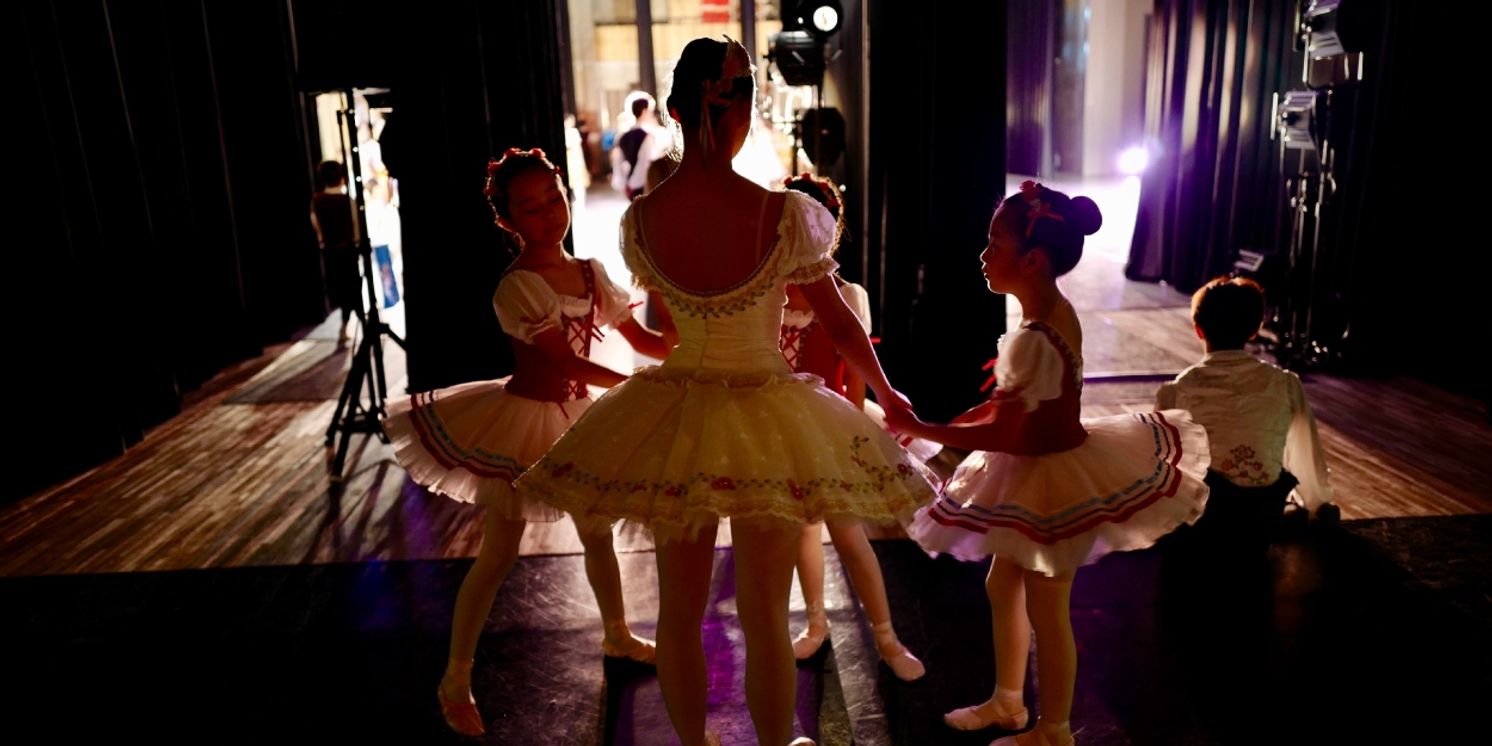Student Blog: Why Arts Education?
I would be a completely different person without the arts. It has shaped me and built a path for my future.

As part of my college plan, I take a lot of Elementary Education classes. Every semester, the same questions appear over and over again: What do you want to teach? Why do you want to teach that? Aren't you worried about xyz with that?" With more standard replies like 5th grade ELA or 3rd grade Math, a discussion follows about the pros and cons, the personal experiences around it, and the need for such skills or materials. My answer is always the same: I want to work in arts education. However, when I put my hand down after saying that, the room falls quiet and I'm just met with a bunch of nods. Most people take that to mean I want to be a specials teacher or want to work at a community theater, because for many it seems that the arts are separate from academic education. Even my professors seem to be a little lost and kind of take that to mean I just want to spend my life outside of a "traditional" classroom and more on the elective route. That, however, is not at all what I mean.
I'm going to take a guess here and say that if you are reading this article, arts education has played a role in your life. Whether it has been formal schooling, learning through social outlets, attending local productions, or some other primary or secondary impact from arts culture, this platform alone serves as an example of how experiences in the younger years can open people up to lifelong interests, connections, and careers. Frankly, my entire life was derailed for the best because of arts education. But, not every elementary student wants to work in the theater or ditch their dreams of being a doctor for an ensemble role. This is where the misconceptions about arts education begin.
People instantly take arts education to mean "education in the arts" and think it to be a hyper-focused study of some sort of creative outlet. In contrast, I see it as "the arts in education." The arts taught me how to collaborate, how to pursue challenges, how to navigate unfamiliar emotions, how to find gratitude in my talents, how to experience beauty in the world, and so much more. Wouldn't it be amazing if students everywhere were able to learn the same lessons in their everyday classrooms?
The fact is that most pre-service and current teachers aren't opposed to the arts in their classroom, they just feel that they aren't skilled enough for it or that it requires some sort of magical talent, and honestly, I get it. If someone told me I had to integrate some sort of sports-based element into my lessons, I would panic knowing I am super uncoordinated and failed at every athletic activity in my younger years. So the challenge instead is pointing out how easy arts integration is and frankly how much of it is already happening.
Dancing brain breaks, songs for learning vocabulary, movement exercises for sight words, and drawing activities for writing practice are four examples I see everyday in my classroom where the arts is presence. Yet, if I asked my colleagues if they thought they were intentionally integrating the arts into education, they would probably say no. So that's where my goals come in. I want teachers everywhere to realize the arts they are already using in the classroom and maximize them with intent and engagement. I want students to see their creative power in science or reading lessons and find outlets that allow them to express themselves.
So, if you're reading this and still silently asking me the "why this" question, here's my answer simply put: the arts make us human. I am no researcher and never will be, but what I know is that it feels like an understatement to say I would be a completely different person without the arts. It has shaped me and built a path for my future. While I hope to touch the lives of students in all capacities, if I can give even one student that life-changing exposure to the arts, I will feel fulfilled.
Photo: Kazuo Ota via Unsplash
Videos


